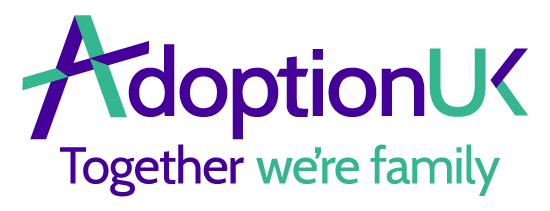How can I help my adoptive son’s NHS hospital, surgeon and clinicians etc become “trauma & attachment aware?”
I am really hoping that there may be adoptive parents (or even NHS staff) on this forum that will have had experience of working with the NHS in creating a “pathway” (or outline) for their traumatised adoptive child with attachment issues who is due to undergo major surgery.
My son, who is now 11 (year 7), has a severe form of scoliosis (an S shaped spine). This is something that he has lived with for many years. As far as I can tell, his social worker first expressed concern when he went into care aged 4. Unfortunately, due to two foster placement breakdowns and the trauma he suffered after having 17 teeth extracted, no diagnosis was ever made regarding his odd shaped spine. My son came to live with my partner and I when he was 6. I took him to a specialist paediatrician, but despite the large curved lump on his back and my inexperience as a newbie parent; the doctor made a miss diagnosis and gave my son the all clear. To cut a long journey short, when my son was 10, his GP referred him to our local hospital in Coventry. My son was diagnosed with a severe form of scoliosis. He was then referred to the Royal Orthopaedic Hospital in Birmingham. My son is now on the waiting list, awaiting surgery. His operation is highly complex. His surgeon intends to insert 2 magnetic roads into his back, with the hope of magnetically stretching these rods to straighten his spine.
To say it has been an uphill struggle with the NHS would be the understatement of the century. At every level, from GP to hospital, the knowledge/ability of NHS doctors/clinicians etc as to how to support an adoptive child who has encountered trauma and adverse childhood experiences is poor/inconsistent. I have advocated hard for our son, something I am very happy to do. I am pleased that we have come this far. For my son, it is not just a question of getting into the car driving to the hospital. His trauma is so great that I have to work with the hospital in advance. For example, when my son had his first x-ray & MRI scan, I went without him to the hospital and met with all his doctors and nurses. I came home with photos of the NHS staff and the machines etc to show my son. Together, we then went every week at 8am to our local hospital in Coventry (i.e. when it was quiet), until my son felt safe enough to have his scan.
I have now hit an NHS brick wall with the Royal Orthopaedic Hospital in Birmingham (ROH). Initially, things went extremely well with the ROH i.e. my pre-visits, and photos etc. But then appointments started getting cancelled, causing my son great anxiety and stress and best laid plans fell apart. Unfortunately, at my son’s last clinic in January this year, my son’s surgeon told him that the rods in his back could snap, he could go blind and that he could die.
The anxiety and trauma around my son’s surgeon’s comments is impossible to underplay. For example, on the way home from this particular clinic, my son triggered into very violent and angry behaviour and tried to get out of the car while we were travelling at 70 mph down the M6. Over the following days, he became violent and aggressive at school etc.
What can I do to further support my son?
At the moment, I am unable to get my son into the car to travel up the M6 to the Royal Orthopaedic Hospital. He will trigger into very violent/dangerous behaviour. As far as my son is concerned “they want to kill me”.
I am working with the ROH patient liaison manager to get support. We get on very well and she understands my son and the support that he needs. However, my son’s surgeon/clinicians less so. I asked my MP for help. The hospital trust acting CEO, saw this as a formal complaint. The clinicians took it that I wished to queue jump the long waiting list. Nothing, is or could be further from the truth. All I wish is to create the right environment for my son’s mental health needs i.e. constancy, certainty, good psychological support and loving pastoral care. For the operation to succeed, my son needs to feel safe and secure. Only then he will just about get through his operation and out the other side.
I am due to meet with my son’s surgeon and the ROH medical director in the near future. I would like to go to the meeting with some suggestions for our son’s “pathway” i.e. from his next clinic appointment through to discharge.
What sort of things should I ask for?
The big thing is his mental health. My son has poor self-esteem, attachment issues and a lot of childhood trauma regarding hospitals due to his early years neglect. Have any adoptive parents, or NHS staff suggestions that I can put forward to my son’s clinicians to include on his “pathway?”
I remain positive (most of the time!). We will get through this, although sometimes I am not sure at what expense to my son’s mental wellbeing, our family life and my nerves! Mercifully, the majority of my son’s doctors, nurses and NHS staff have been lovely and shown great empathy towards him. I am not looking to complain, or negativity – these things won’t help my son. All I wish is the very best for my son, for him to succeed and flourish into adulthood. Thank you in advance for your suggestions and top tips.
Take care all.
Simon

